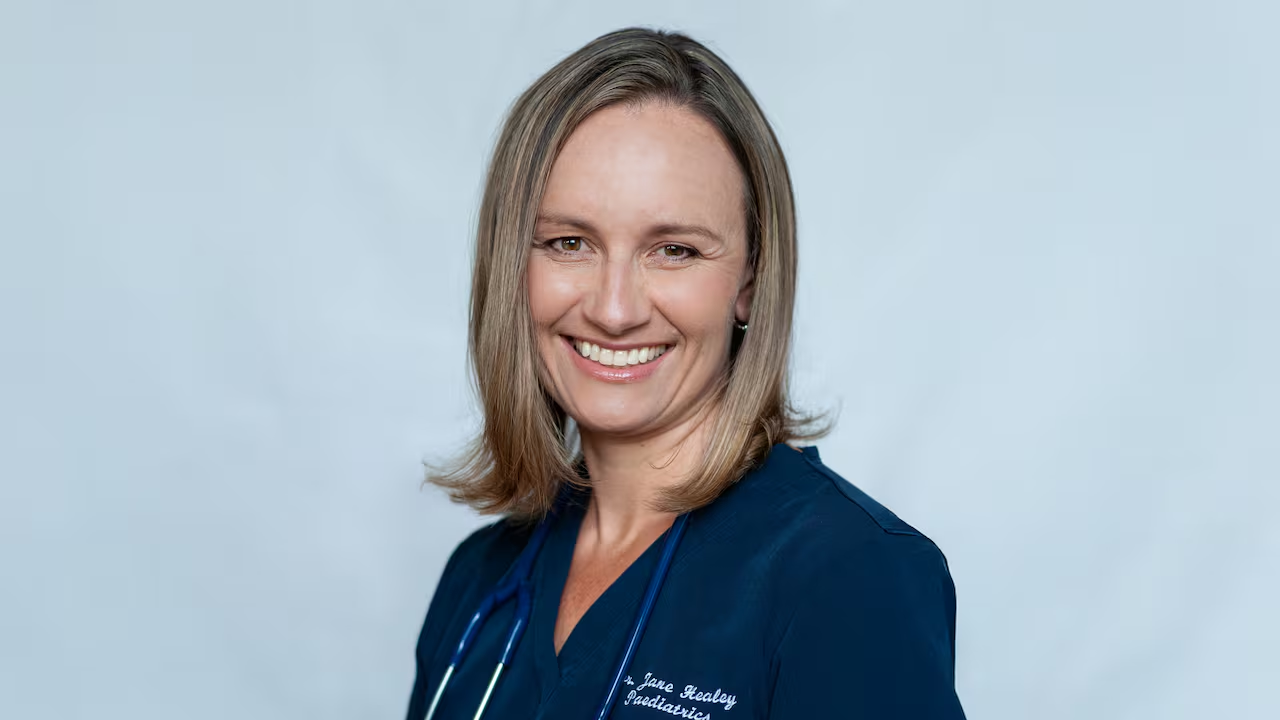A Toronto-area pediatrician’s heartbreaking story has reignited debate over Ontario’s health-care billing system after she spent 10 days caring for a dying newborn—and received no payment for her work.
Dr. Jane Healey, who also chairs the Ontario Medical Association’s (OMA) pediatrics section, revealed that her claim was rejected by the Ontario Health Insurance Plan (OHIP) due to a technicality. To get reimbursed, the grieving parents would have had to visit a Service Ontario office to update paperwork — a demand Healey refused to make. “I couldn’t put that burden on them,” she said, choosing compassion over bureaucracy.
Her experience, she says, is emblematic of systemic flaws that leave many Ontario doctors unpaid for complex or emotionally draining cases. “We aren’t remunerated for some of the most difficult, highly emotional work that stays with you,” Healey told CBC Toronto, pointing to cases where emergency surgeries involving multiple specialists also end up mired in billing disputes.
While the Ministry of Health says more than 99% of the 200 million OHIP claims each year are processed automatically, that still means roughly 1.16 million claims are denied — often those requiring manual review by non-clinical staff unfamiliar with medical procedures. Doctors say the process is slow, opaque, and discouraging, particularly for innovative or high-stakes care.
OMA president Dr. Zainab Abdurrahman warned that the current system “discourages physicians from taking on complex cases” for fear they won’t be paid.
An arbitrator has since ordered the Ontario government and OMA to develop solutions. The OMA is pushing for the return of “good-faith payments”, which once allowed doctors to be reimbursed for treating uninsured or critically ill patients without valid health cards. It also wants to establish an OHIP ombudsman’s office staffed with medical experts to handle complex billing disputes fairly.
The province maintains that most issues are resolved within 30 days and that doctors can appeal, but physicians say the paperwork burden continues to eat into patient care time.
“We want to spend more time with patients, not paperwork,” Healey said. As negotiations continue, doctors hope her story will finally prompt Ontario to value compassion as much as compliance in its health-care system.

